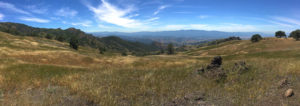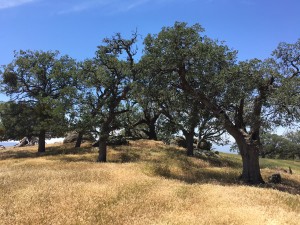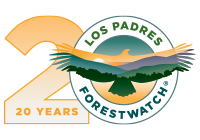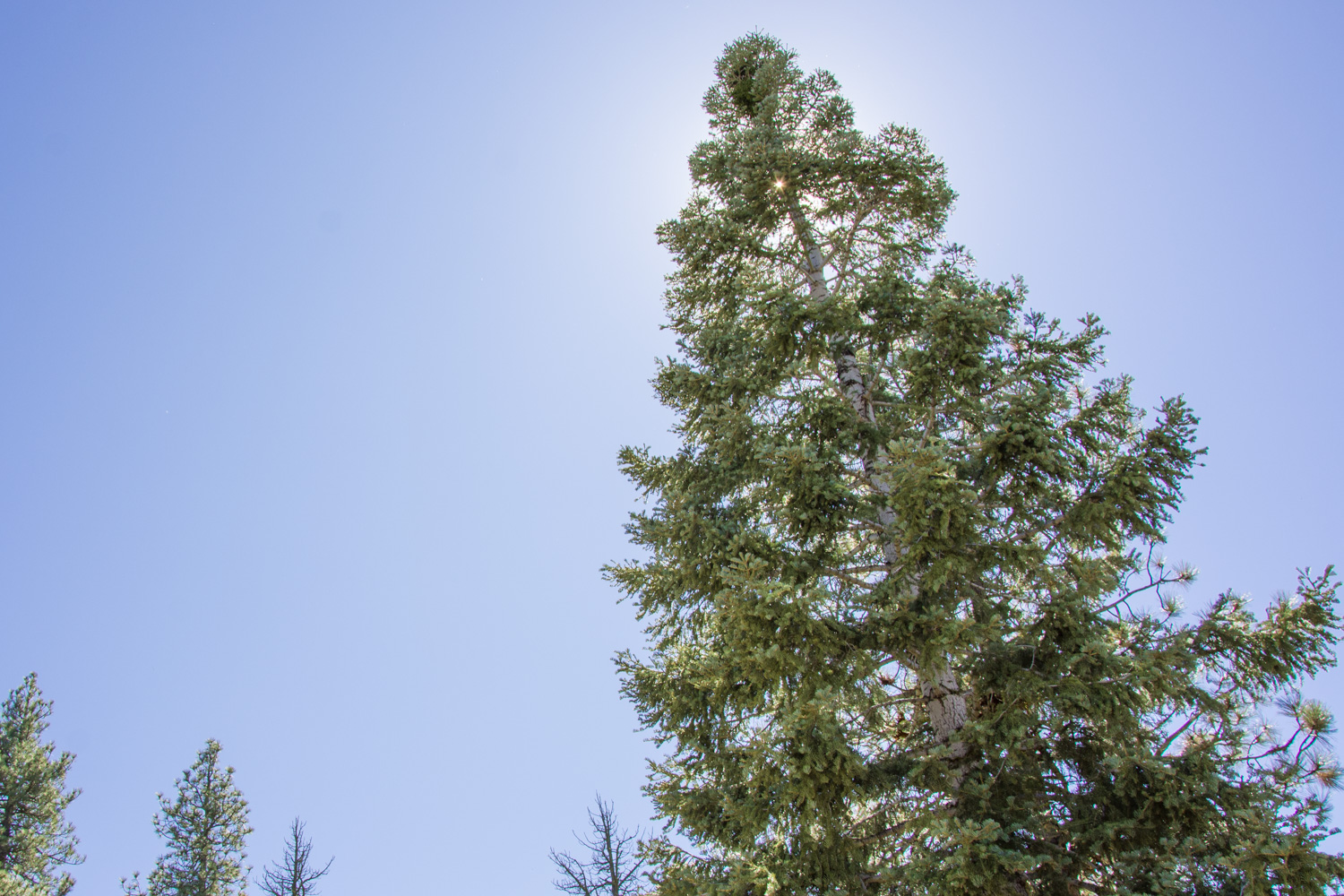
The roadless area is home to beautiful views of grasslands and oak savannas.
In April, ForestWatch formally objected to a plan by the Forest Service to formalize 15 miles of roads that have been built in an Inventoried Roadless Area between Figueroa Mountain and Happy Canyon to service a commercial livestock grazing operation. Last week, ForestWatch, along with the Center for Biological Diversity and the Western Watersheds Project, reached an agreement with officials at the Los Padres National Forest that significantly reduces the number of miles that will be authorized for motorized use.
Responding to our objections earlier this year that these roads violated the “Roadless Rule” for Inventoried Roadless Areas, were built without any oversight or environmental review, and threatened blue and valley oak woodlands, the Forest Service agreed to eliminate 7 miles of these roads from the new grazing allotment plan. Fewer roads will reduce the amount of sediment that flows into nearby creeks, stop the proliferation of invasive weeds, and keep wildlife habitat in the area more intact.

The study will help determine how long-term grazing affects oak regeneration.
The Forest Service also agreed to implement a multi-year study to identify the effects of grazing on oak regeneration in this area. This study, which began in November, will continue until 2027. This is the first time the Forest Service has conducted a study of this kind in the Los Padres National Forest. We will be working with the Forest Service to conduct the Happy Canyon Grazing Allotment Grassland Communities Monitoring study over the coming years, the results of which will point toward needed adjustments for the grazing operation to ensure the protection of these treasured oak savannas.
We first started working on this project in 2008, over time filing five detailed comment letters, three appeals and administrative objections, and a lawsuit, simply to get the Forest Service to adopt a plan they proposed in 2008 (and later retracted) to eliminate several roads in the area that were no longer needed to manage the grazing operation.







Comments are closed.